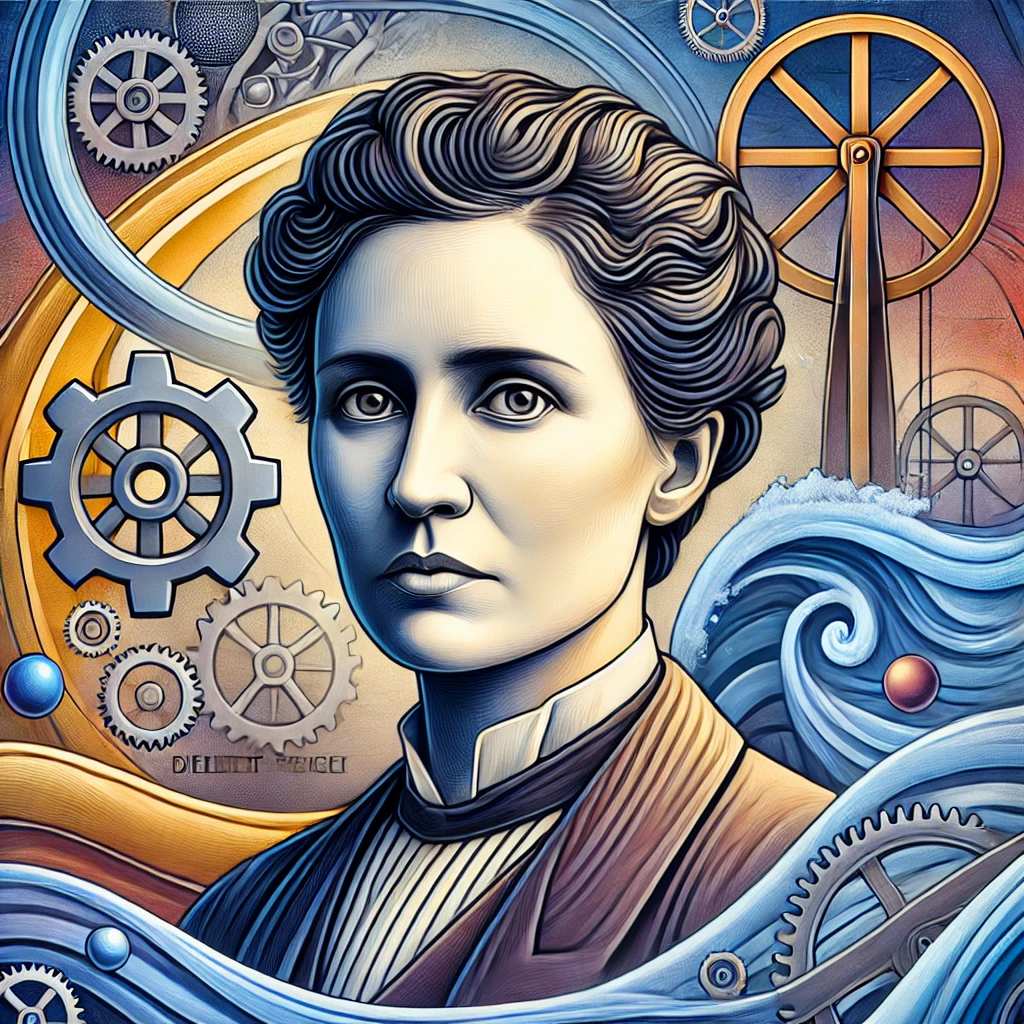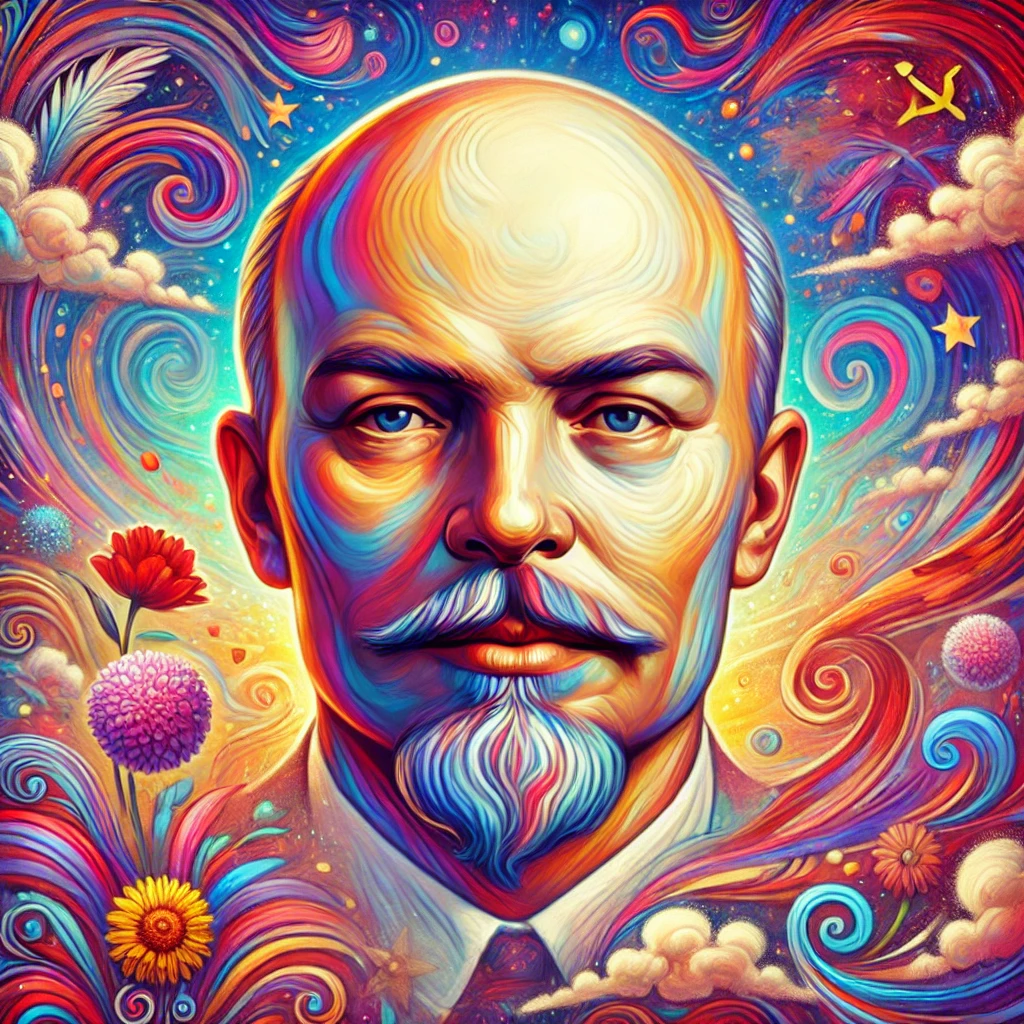Revolutionary Socialism

Place of Origin: Europe (primarily Germany and Russia)
Century of Origin: 19th Century CE
Associated Philosophers:
Overview of Revolutionary Socialism
Revolutionary Socialism is a political philosophy that advocates for the radical transformation of society through revolution to achieve a socialist system. It is rooted in the idea that capitalism inherently leads to inequality and exploitation, and that these issues cannot be resolved through gradual reforms or parliamentary means. Revolutionary socialists believe in the necessity of a complete overhaul of the economic and political system, usually through class struggle, to establish socialism where the working class controls the means of production.
Revolutionary Socialism does not focus on metaphysical speculation in the traditional sense. However, it operates under the belief that material conditions of society, such as who owns the means of production, shape human consciousness and societal structures. This is rooted in historical materialism, which posits that material conditions drive historical development. Capitalism’s contradictions will inevitably lead to its downfall and the establishment of socialism.
In Revolutionary Socialism, knowledge is shaped by the material conditions of society. The ruling capitalist class controls the dominant ideology and knowledge systems. True knowledge comes from the working class understanding their exploitation and organizing against it. Marxists believe in class consciousness, the awareness of workers about their exploitation under capitalism, which is key to revolution.
The ethics of Revolutionary Socialism are grounded in the idea of economic and social justice. Revolutionary socialists argue that capitalism is fundamentally unjust because it creates vast inequalities. Workers produce goods but only receive a fraction of the value they create while capitalist owners profit. Ethical behavior involves collective action to overthrow capitalist oppression and create a just society.
Revolutionary Socialism holds that capitalism is inherently exploitative and unsustainable. The growing divide between the rich and the poor, and the concentration of wealth, will lead to crises. Revolution is seen as a necessary response to capitalism’s failures. Revolutionary socialists reject gradual reformism, arguing that reforms cannot address capitalism’s fundamental flaws.
Revolutionary Socialism sees art as a tool for raising awareness and inspiring revolutionary change. Socialists believe that under capitalism, art serves the interests of the ruling class by reinforcing capitalist values. Revolutionary aesthetics focus on art that promotes class consciousness, solidarity, and the fight for justice. Artists like Diego Rivera used their work to highlight social injustice and support revolutionary causes.
The methodology of Revolutionary Socialism is grounded in dialectical materialism, which examines societal change through material conditions and class struggle. Historical analysis and class consciousness are central, with revolution seen as a necessary step. Revolutionary socialists use praxis, combining theory with action, to bring about social change through direct participation in revolutionary movements.
Revolutionary Socialism views humans as social beings whose nature is shaped by material conditions. Under capitalism, humans are alienated from their labor and from each other. Revolutionaries believe that by overthrowing capitalism, humans can overcome alienation and realize their potential. True freedom and fulfillment can only be achieved in a society where economic exploitation is abolished.
Revolutionary Socialism advocates for the overthrow of capitalist systems through revolution, often led by the working class. Reformist approaches that seek gradual changes are rejected. Thinkers like Lenin argued for a vanguard party to guide the working class in revolution and establish a dictatorship of the proletariat as a transitional phase to a classless society.
Revolutionary Socialism emerged from 19th-century socialist thought, particularly Marxism, which critiqued capitalism and called for a proletarian revolution. The Russian Revolution of 1917, led by Lenin and the Bolsheviks, was a key moment in Revolutionary Socialism. The philosophy has continued to influence political movements worldwide, from the Cuban Revolution to anti-colonial struggles.
Key themes include class struggle, the critique of capitalism, proletarian revolution, and the creation of a socialist society. Themes such as alienation, exploitation, and solidarity are central to this philosophy, with the goal being a classless society where the means of production are collectively owned.
Notable figures include Karl Marx and Friedrich Engels, who developed Marxism, Vladimir Lenin, who expanded on Marx’s ideas, and Rosa Luxemburg, who argued for a more democratic revolution. Che Guevara and Frantz Fanon applied revolutionary socialism in anti-colonial contexts.





